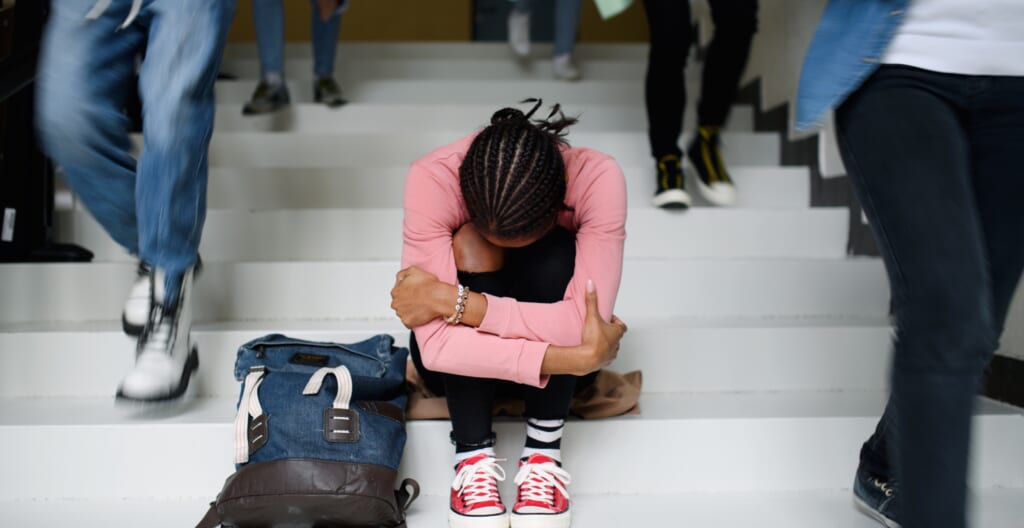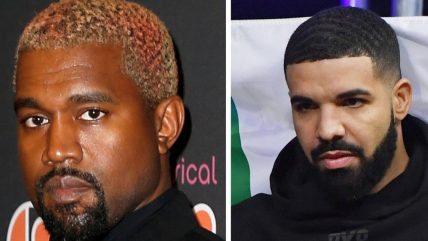Young people who face discrimination have higher risk of poor health, study finds
The individuals who participated in the study dealt with mental and behavioral health issues.
A new study conducted by UCLA links young peoples’ experiences with various forms of discrimination to poor health.
The study, published in the Pediatrics journal on Monday, finds that people between the ages of 18 and 28 who deal with discrimination — including racism, sexism, ageism and physical appearance — have an increased risk of dealing with mental health issues.
The study features 10 years of data involving 1,834 young Americans in that age category.

Per a press release: “While previous research has examined the correlation in childhood or later adulthood, this new study is the first to focus on the transition to adulthood and to follow the same group of individuals over time.”
The study also implies that that the effects of discrimination in the individuals are also connected with health care disparities, which can include imbalances in diagnoses, treatment and health outcomes.
Yvonne Lei, one of the authors of the study, explained, “With 75 percent of all lifetime mental health disorders presenting by age 24, the transition to adulthood is a crucial time to prevent mental and behavioral health problems.”

An estimated 93 percent of people involved in the study said they experience discrimination. The most common forms of discrimination are age (26 percent), physical appearance (19 percent), sex (14 percent), and race (13 percent).
“Overall, people who experienced any amount of discrimination had a 26 percent greater risk for poor health than people who said they did not experience discrimination,” the study reads.
“The COVID-19 pandemic has brought to the forefront new mental health challenges — particularly for vulnerable populations. We have the opportunity to rethink and improve mental health services to acknowledge the impact of discrimination so we can better address it to provide more equitable care delivery,” Lei said.
Dr. Adam Schickedanz, assistant professor of pediatrics at the Geffen School of Medicine and the study’s senior author, said, “The associations we found are likely also intertwined with mental health care service disparities — including inequities in care access, provider biases, and structural and institutional discrimination in health care — leading to inequities in diagnoses, treatment, and outcomes.”
Nine other academics contributed to the study as authors: Vivek Shah, Christopher Biely, Nicholas Jackson, Rebecca Dudovitz, Dr. Elizabeth Barnert, Emily Hotez, and Dr. Alma Guerrero of UCLA; Dr. Anthony Bui of the University of Washington and Narayan Sastry of the University of Michigan.
Have you subscribed to theGrio podcasts “Dear Culture” or “Acting Up?” Download our newest episodes now!
TheGrio is now on Apple TV, Amazon Fire and Roku. Download theGrio.com today!


